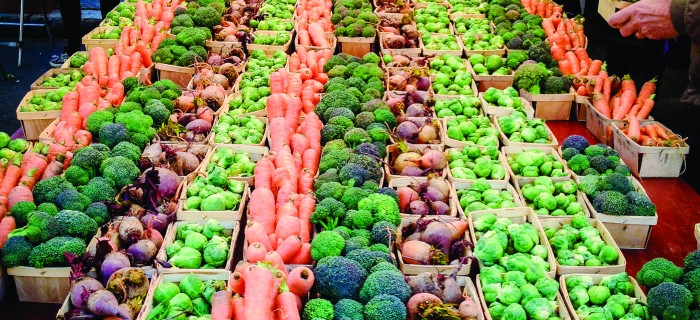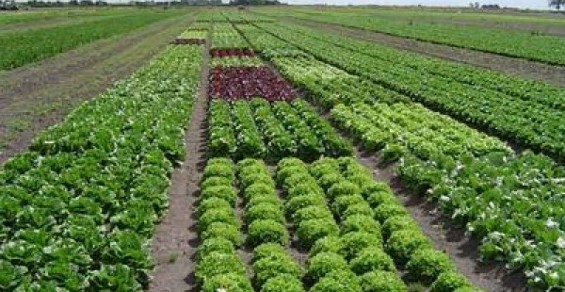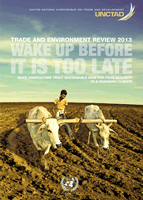Grace Gershuny on organoponics
Organiponics anyone?
EXCERPT:
A couple of years ago I got a call from Dave Chapman, an excellent organic grower of greenhouse tomatoes here in Vermont. He wanted me to endorse his campaign to ban organic certification of hydroponics, figuring that the author of The Soul of Soil would be all about “keep the soil in organic.” I had to tell him, with due respect, that I couldn’t support this campaign, which has since become a rallying cry of Vermont’s organic farmers.
It’s not that I don’t sympathize, but it isn’t as clear-cut an issue as the soil crusaders try to suggest. Melody Meyer has done a fine job of outlining the complexities of the debate, as presented by the Hydroponics and Aquaponics Task Force at the most recent National Organic Standards Board (NOSB) meeting. Though she doesn’t take sides, Melody clearly admires the sophisticated aquaponic systems that use fish waste to fertilize the vegetables, and then use plants to clean the recirculating water and keep the fish healthy.





















